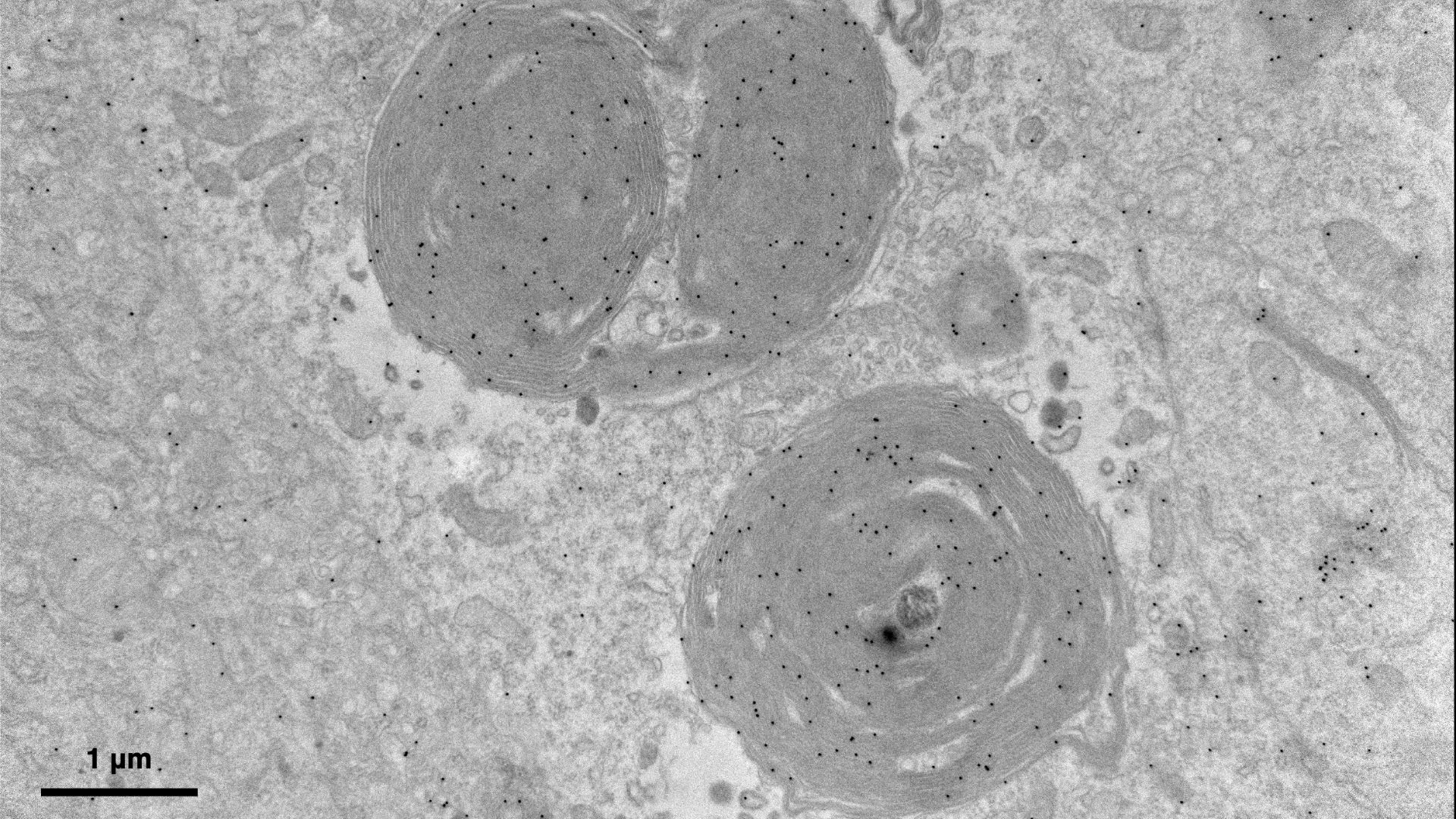
Kamal Nahas
Kamal Nahas is a freelance contributor based in Oxford, U.K. His work has appeared in New Scientist, Science and The Scientist, among other outlets, and he mainly covers research on evolution, health and technology. He holds a PhD in pathology from the University of Cambridge and a master's degree in immunology from the University of Oxford. He currently works as a microscopist at the Diamond Light Source, the U.K.'s synchrotron. When he's not writing, you can find him hunting for fossils on the Jurassic Coast.
Latest articles by Kamal Nahas

Largest-ever brain 'connectome' built by having a mouse watch 'The Matrix' and 'Star Wars'
By Kamal Nahas published
Using advanced microscopes that capture brain cell anatomy and activity, a portion of a mouse's brain was mapped and rendered into a 3D atlas that creates new possibilities for neuroscience.
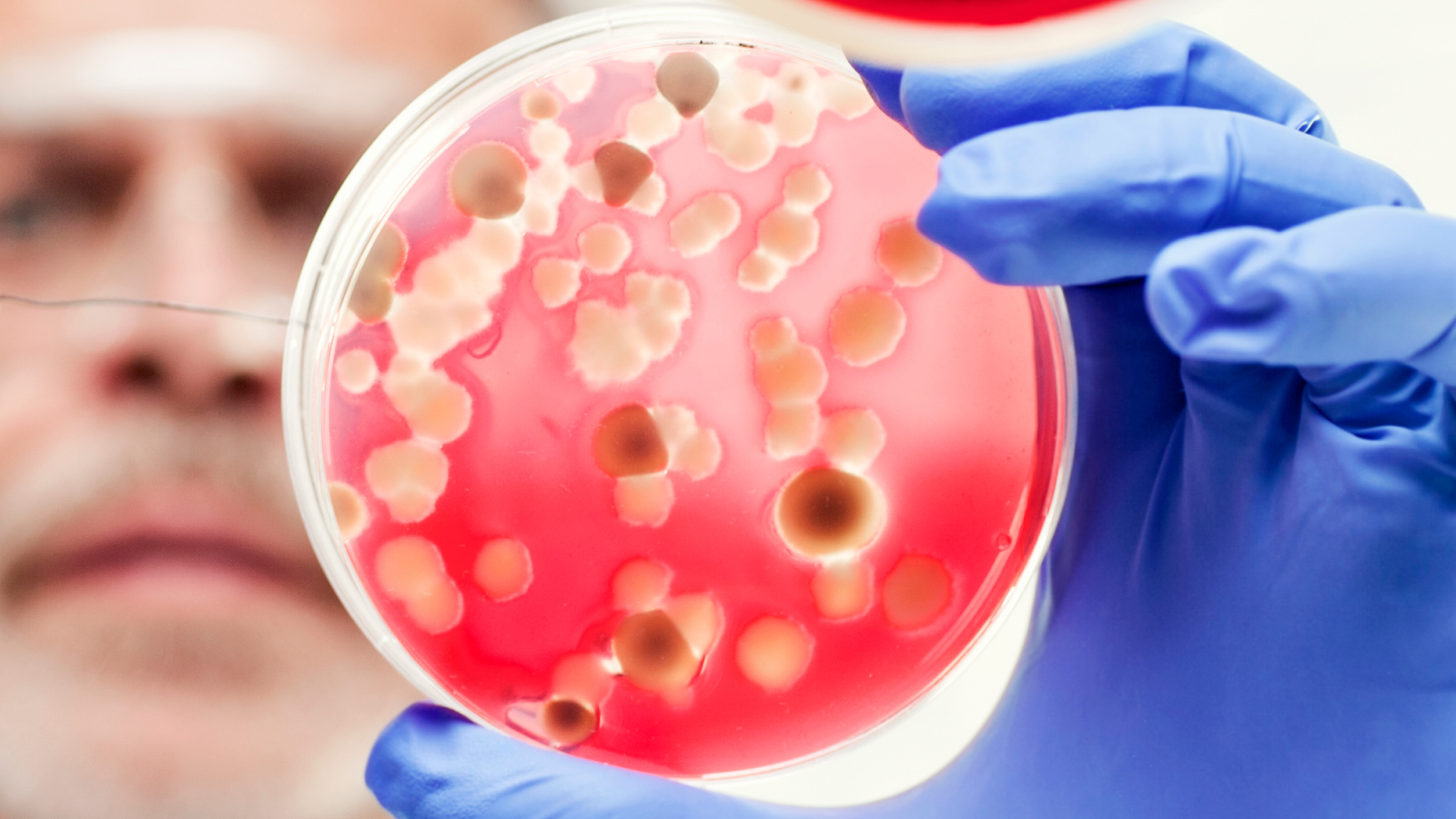
Diagnostic dilemma: A scientist caught plague from bacteria thought to be 'noninfectious'
By Kamal Nahas published
A scientist who was working on plague-causing bacteria caught the disease despite using weakened strains that were deemed noninfectious.

Brain aging accelerates dramatically around age 44 — could ketone supplements help?
By Kamal Nahas published
A study of thousands of people finds that neural connections in the brain start to break down quickly around age 44, but the research hints that ketone supplements could potentially help slow that brain aging.
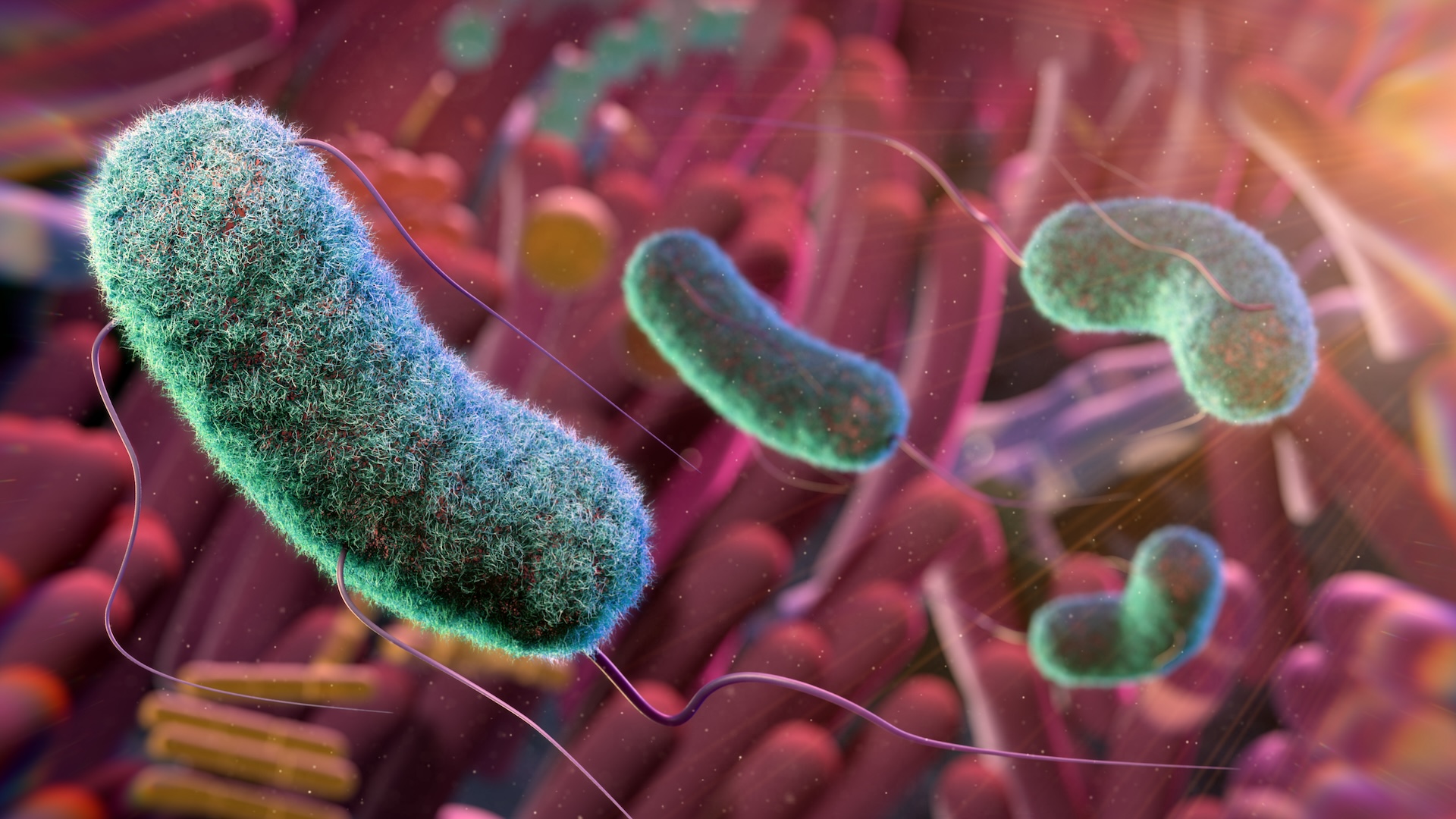
We may finally understand how metformin lowers blood sugar, animal study finds
By Kamal Nahas published
The common diabetes drug metformin works partly by excreting sugar from the bloodstream into the intestines, where gut bacteria then convert it into chemicals that improve the insulin response.

How many more calories does muscle burn than fat?
By Kamal Nahas published
There's an idea that larger muscles burn a lot more energy while at rest. But is that true?
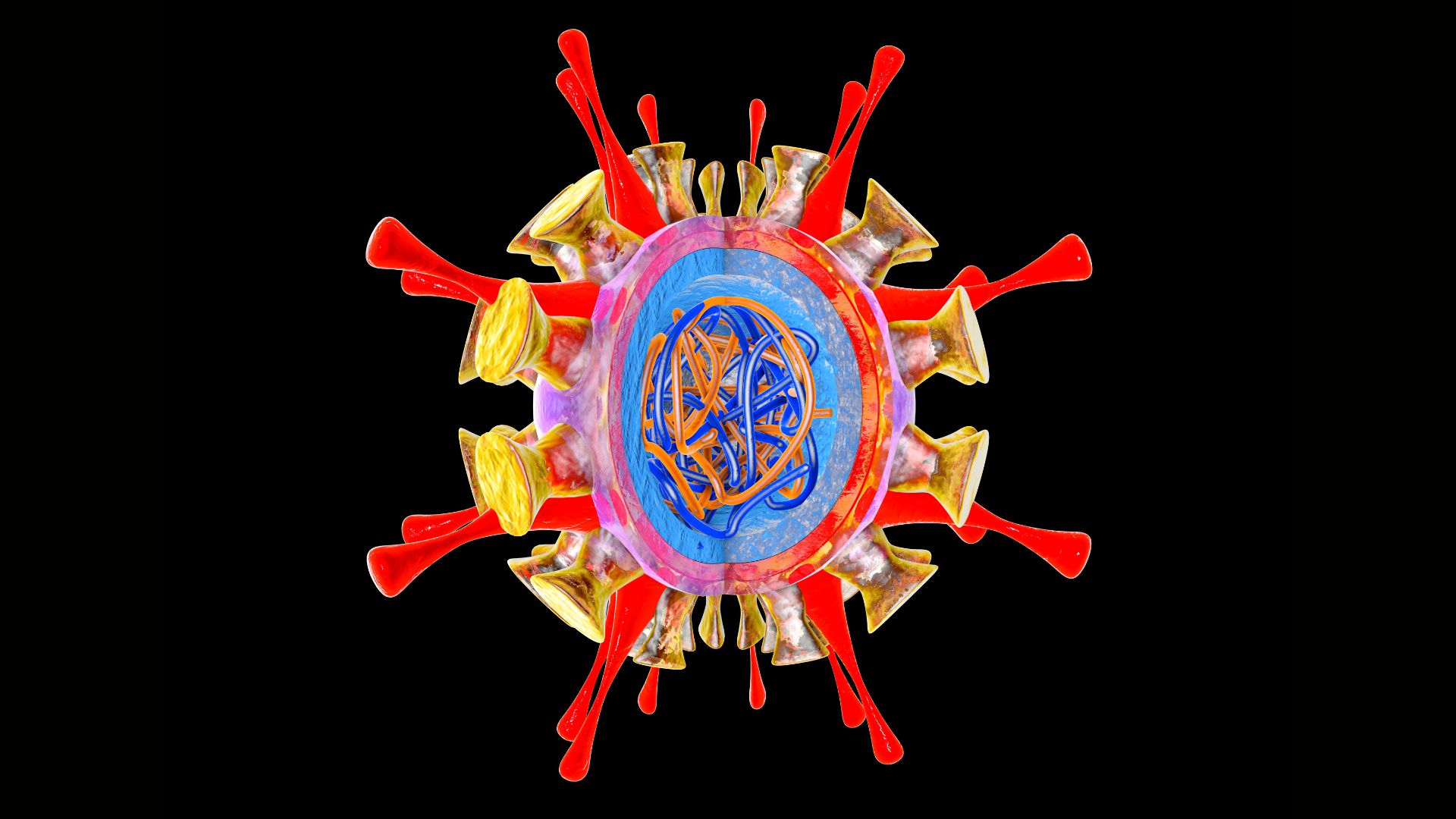
H5N1 bird flu is evolving to better infect mammals, CDC study suggests
By Kamal Nahas published
Rising H5N1 bird flu cases in the U.S. prompted the CDC to study the virus in ferrets, revealing it may have the potential to spread and cause severe symptoms in other mammals.
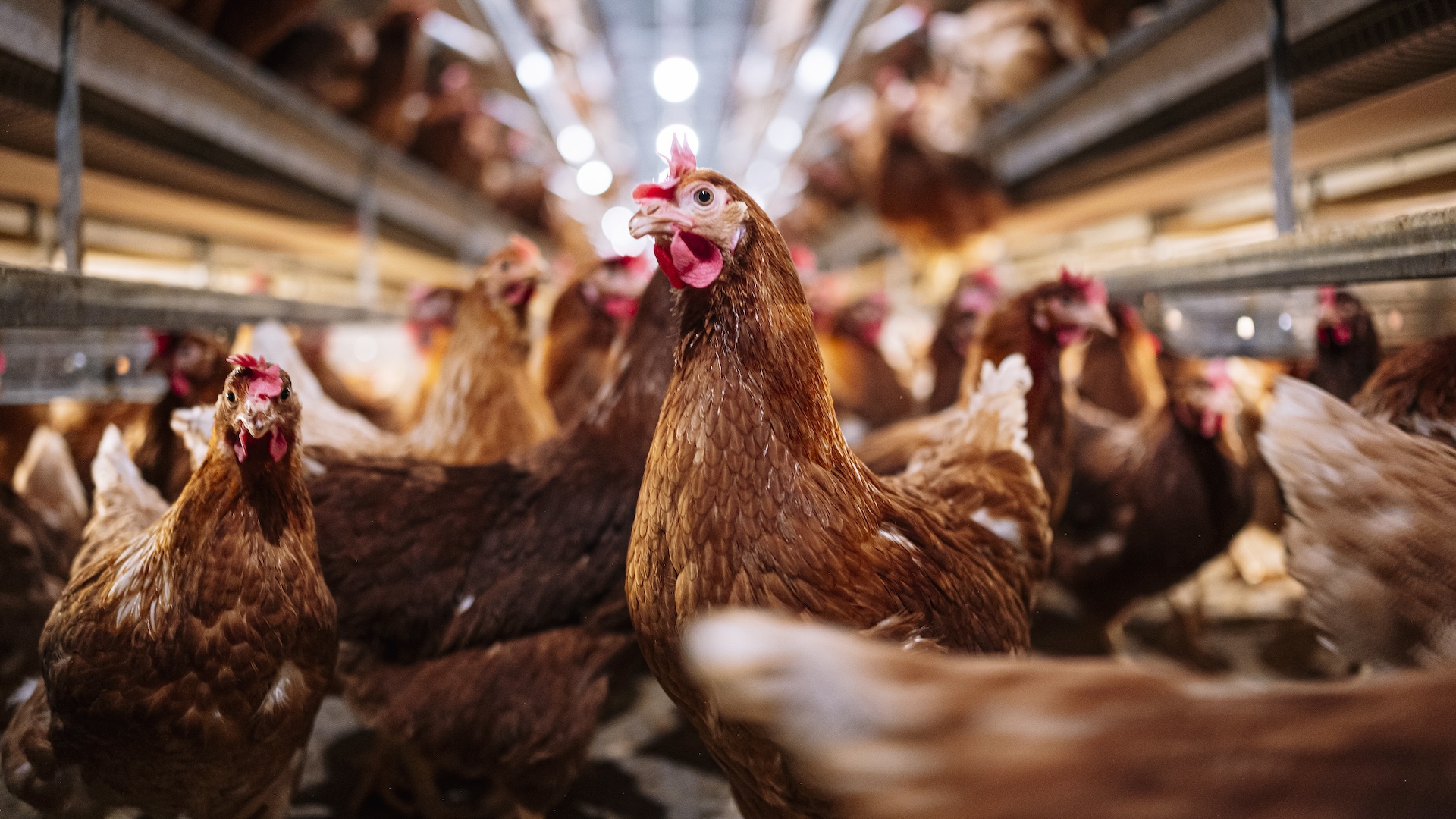
Bird flu could become deadlier if it mixes with seasonal flu viruses, experts warn
By Kamal Nahas published
As of now, 17 states have reported H5N1 bird flu cases in humans, but there is still no evidence for transmission between people. Could that change?
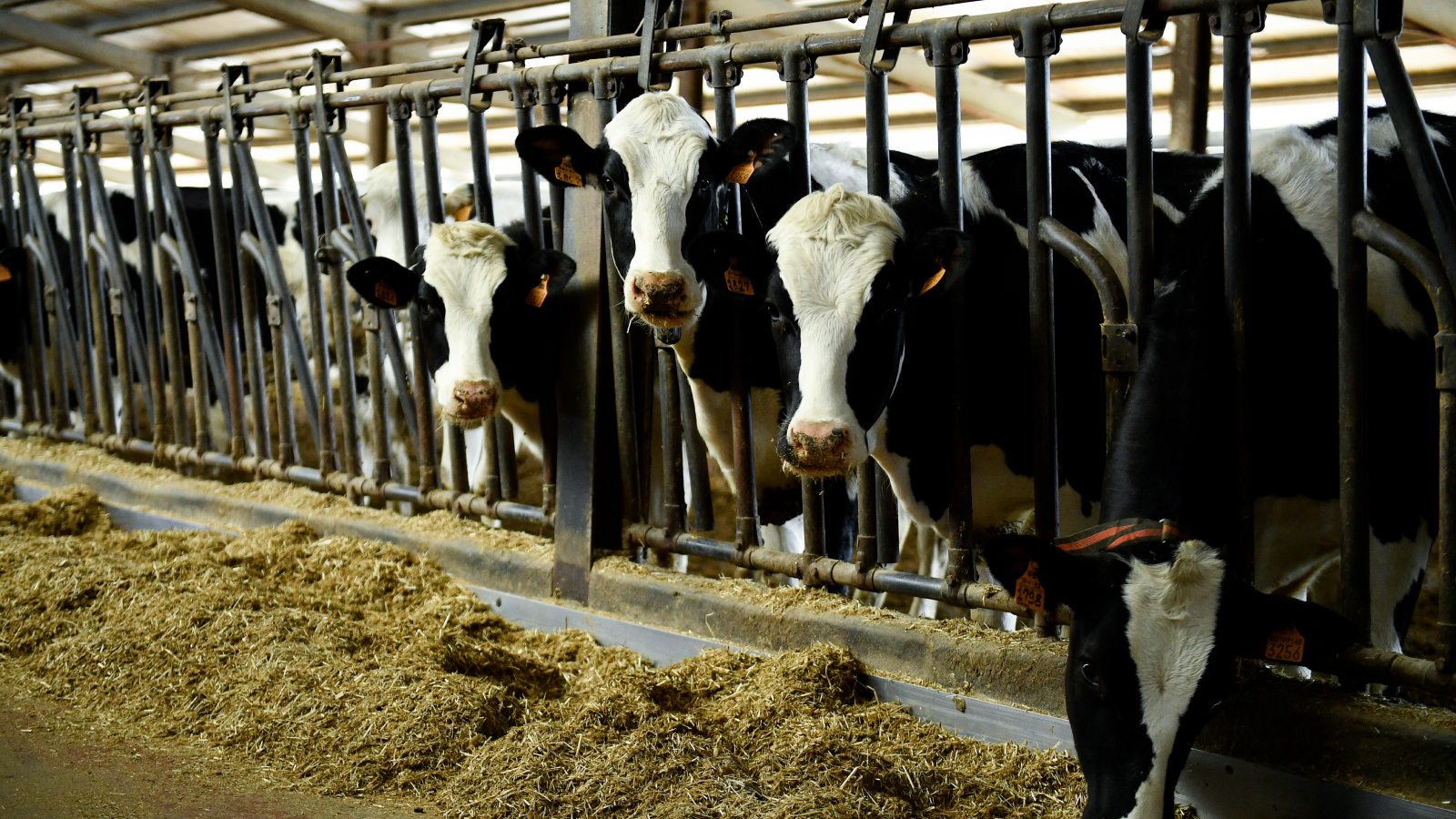
Source of person's recent bird flu case remains a mystery — and experts say that's concerning
By Kamal Nahas last updated
The latest human case of bird flu in the U.S. occurred in a patient with no reported exposure to affected animals, sparking questions over whether the virus is spreading between people. Experts say that's unlikely but argue the case raises other concerns.

Human aging accelerates dramatically at age 44 and 60
By Kamal Nahas published
A small study suggests that people in their 40s and 60s undergo sizable physiological changes that may be connected to age-related illnesses.

Will Olympic athletes ever stop breaking records?
By Kamal Nahas published
Physically, athletes might reach a point where they can no longer beat sports records — however, innovative techniques and sportswear breakthroughs could potentially help athletes perform better in the future.
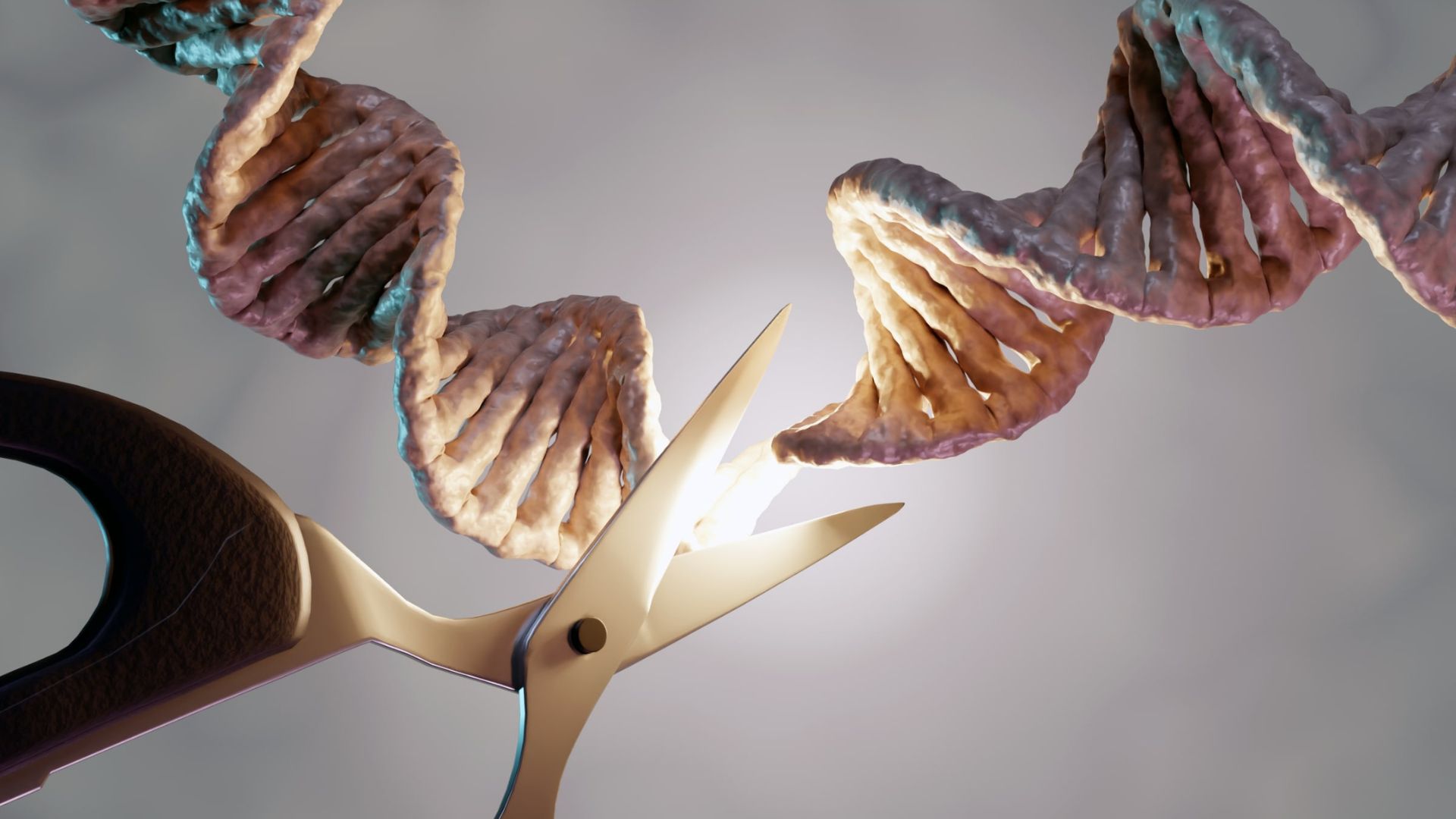
How does CRISPR work?
By Kamal Nahas last updated
CRISPR is a versatile tool for editing genomes and has recently been approved as a gene therapy treatment for certain blood disorders.

Epigenetics linked to the maximum life spans of mammals — including us
By Kamal Nahas last updated
Some chemical tags on DNA, called epigenetic factors, that are present at a young age can affect the maximum life spans of mammal species.

What causes the placebo effect?
By Kamal Nahas last updated
Experts look to psychology and physiology to understand why people sometimes feel better after receiving a sham treatment.

When did humans start getting the common cold?
By Kamal Nahas published
Prehistoric cold viruses are hard to find in the historical record, but scientists have unearthed some evidence in ancient human teeth.
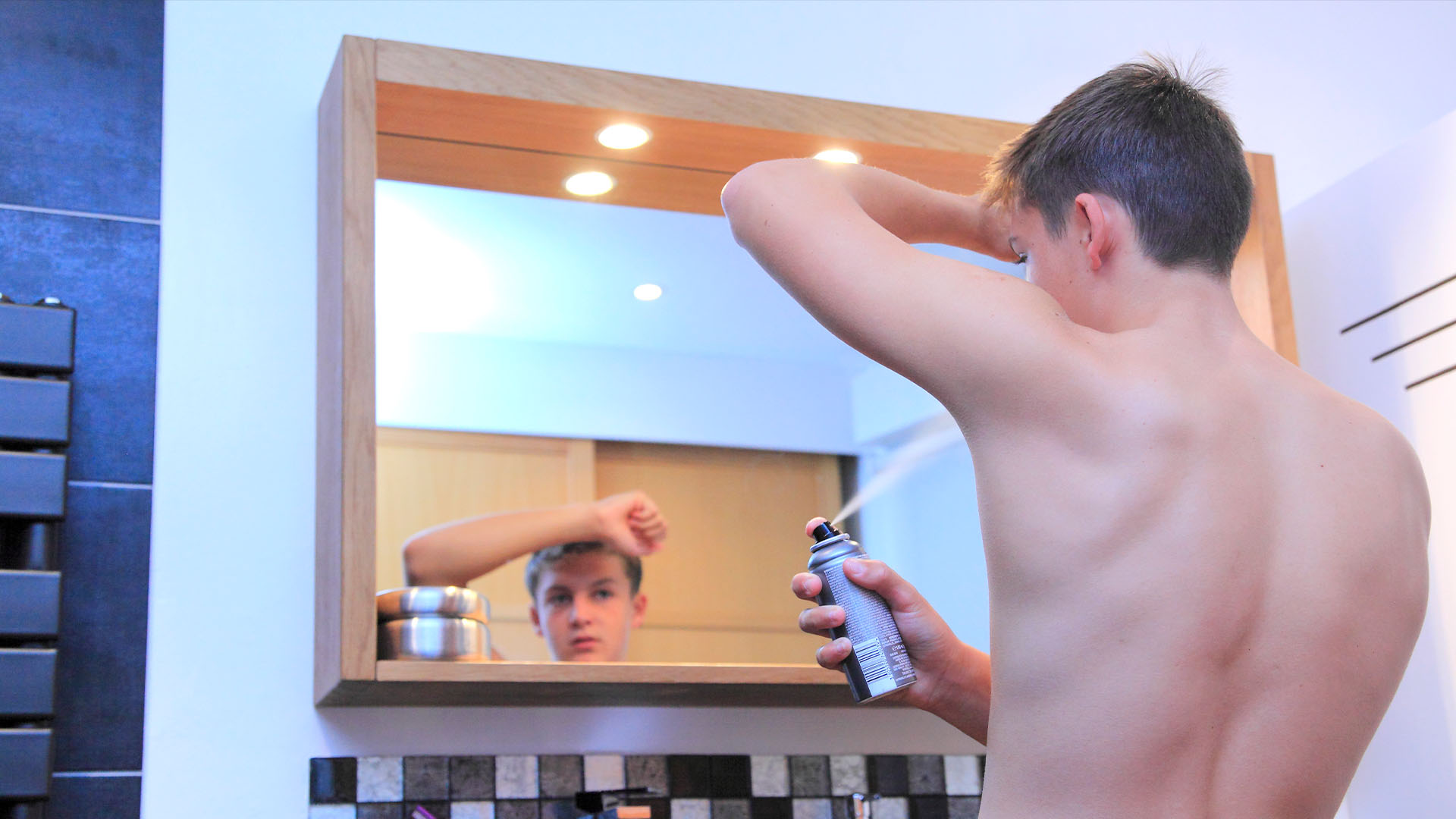
Chemicals that make babies smell sweet and teens smell 'goat-like' revealed
By Kamal Nahas published
Aroma researchers worked out which chemicals in body odor differ between infants and teens who have hit puberty.

What causes tinnitus, and can it be treated?
By Kamal Nahas published
That ringing that only you can hear can become really bothersome if it persists. Here's what triggers tinnitus, plus how you can manage the condition.

Gut bacteria linked to colorectal cancer in young people
By Kamal Nahas published
Certain gut bacteria reside in colorectal tumors, but the species differ depending on a patient's age, offering hope that our gut tenants could serve as early warning signs of cancer in young people.

How do fevers kill germs?
By Kamal Nahas published
You may have heard that fevers help fight infections. But how, exactly, do they do it?

How does Tylenol work?
By Kamal Nahas published
Exactly how Tylenol — also called acetaminophen or paracetamol — relieves pain continues to evade scientists, but it's clear the drug interacts with one key set of enzymes.
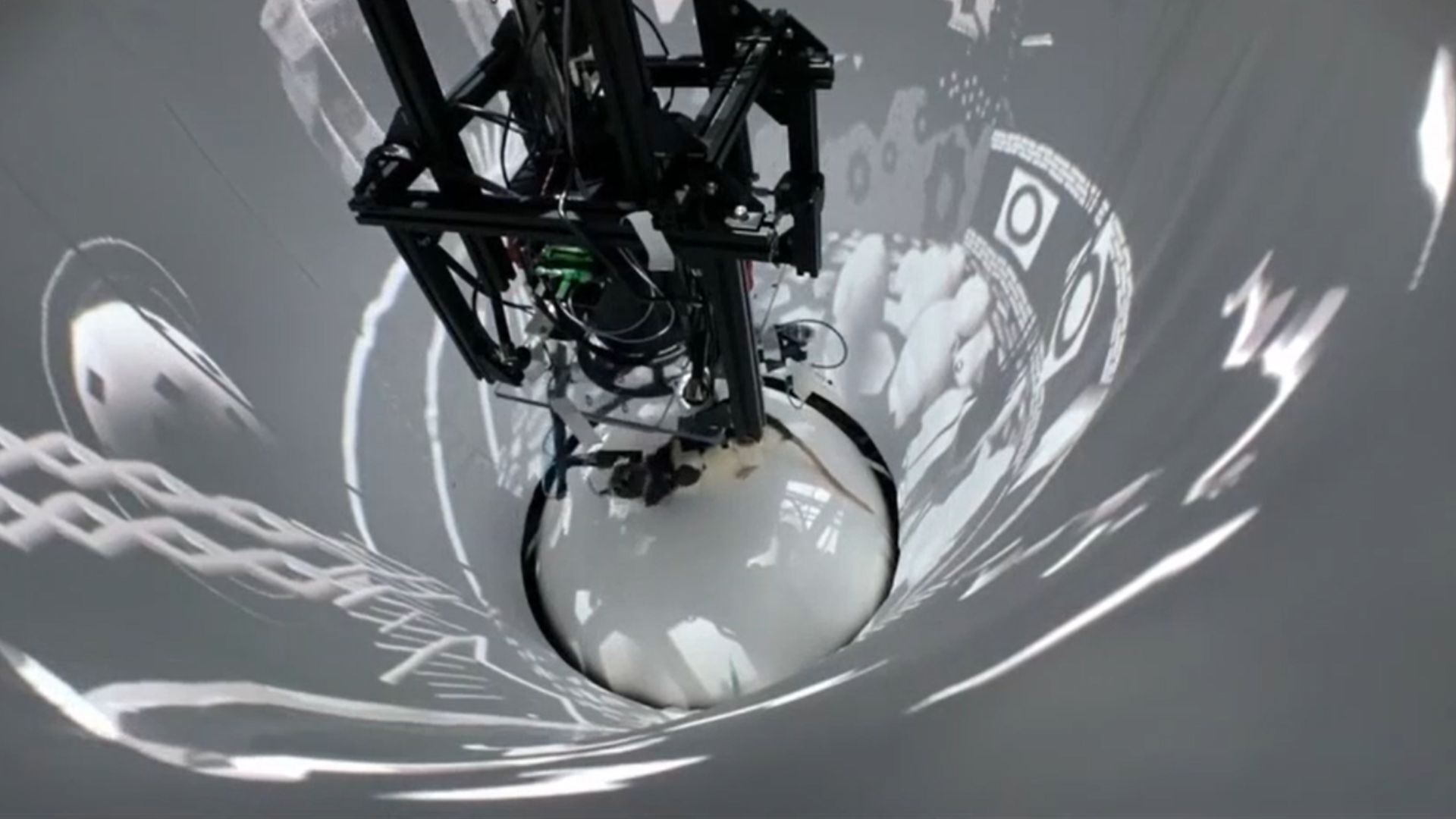
Can rats 'imagine'? Rodents show signs of imagination while playing VR games
By Kamal Nahas published
Rats immersed in a VR world played games that could be won only by using imaginative route planning, scientists report.
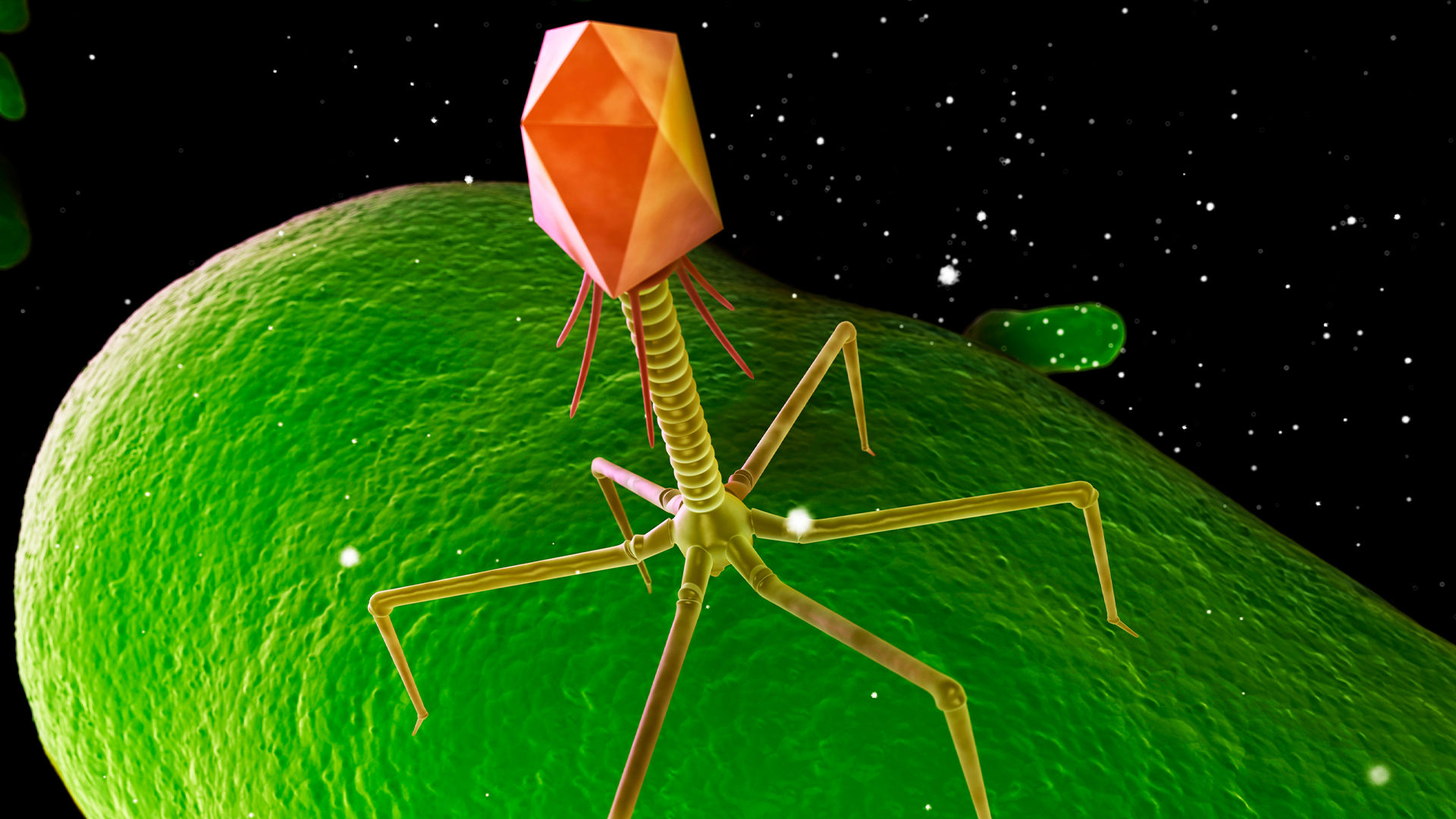
Could bacteria-killing viruses ever prevent sexually transmitted infections?
By Kamal Nahas published
The CDC will soon recommend that some people take a "morning-after" antibiotic to lower their risk of STIs. But someday, it's possible that bacteria-killing viruses could do this without driving antibiotic resistance.
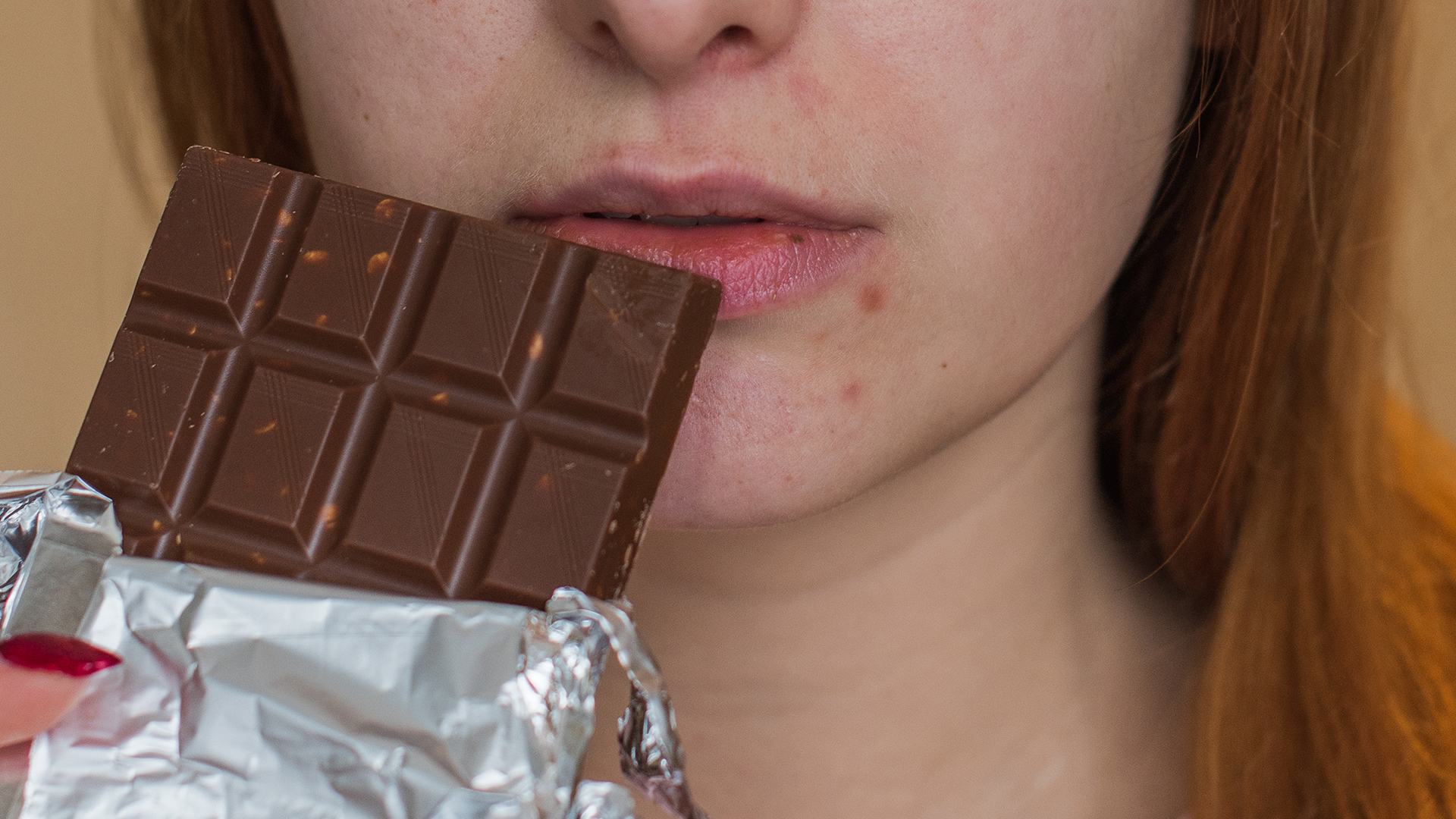
Can sugar cause acne?
By Kamal Nahas published
Because multiple factors can provoke acne, it's difficult to tease apart sugar's role.

Why do we have earwax?
By Kamal Nahas published
When it's not causing problems, earwax is good for your health and should be left alone.
Sign up for the Live Science daily newsletter now
Get the world’s most fascinating discoveries delivered straight to your inbox.

